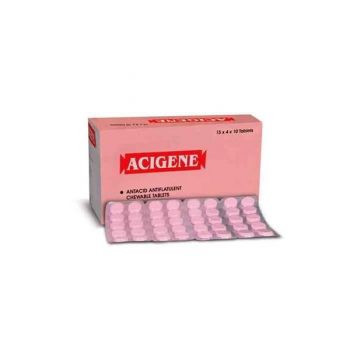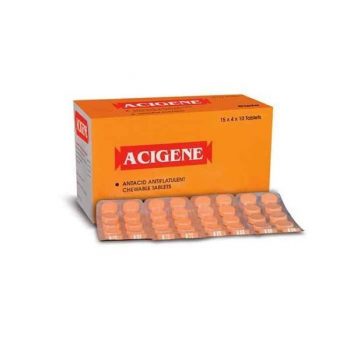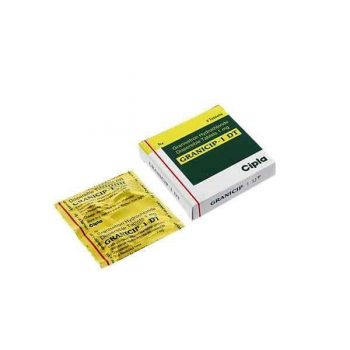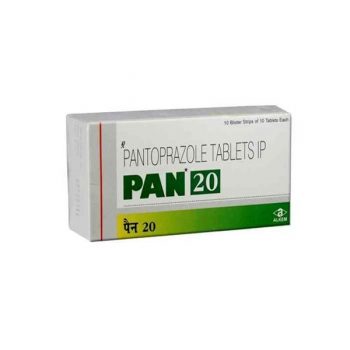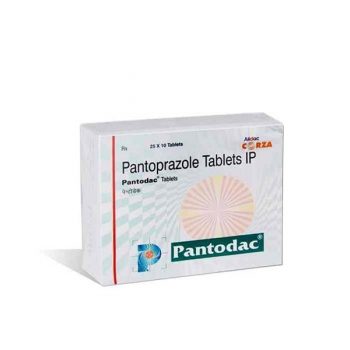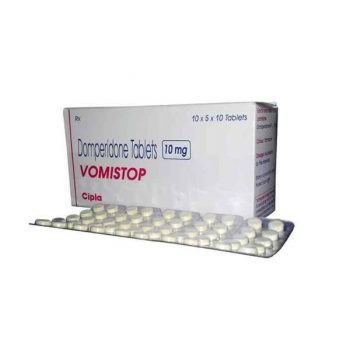stomach acid reducer (Ranitidine) is know as an H2 blocker. It works by reducing the amount of acid in your stomach. It is use to prevent and treat heartburn and other symptoms cause by too much acid in the stomach (acid indigestion).This drug has been withdrawn from the US market due to problems with safety. A possible cancer-causing impurity has been found in some ranitidine products.
How to use stomach acid reducer (ranitidine) oral
To treat heartburn and acid indigestion, take 1 tablet with a glass of water as needed, unless otherwise directed by your doctor. Swallow the tablet whole without chewing. Ranitidine can be taken with or without food.
To prevent heartburn and acid indigestion, take ranitidine 30-60 minutes before eating food or drinking beverages that can cause indigestion.
Do not take more than 2 tablets in 24 hours unless directed by your doctor. Follow all directions on the product package. If you have any questions, ask your doctor or pharmacist.
Stop taking this medication and call your doctor promptly if your symptoms continue after you begin taking it, or if they do not improve after you have been taking this medication for 14 days in a row. Do not take this medication for more than 14 days in a row without talking with your doctor.
Side Effects
Headache, constipation or diarrhea may occur. If any of these effects persist or worsen, tell your doctor or pharmacist promptly.
Tell your doctor right away if you have any serious side effects, including: vomiting, severe stomach pain, dark urine, yellowing eyes/skin.
A very serious allergic reaction to this drug is rare. However, get medical help right away if you notice any symptoms of a serious allergic reaction, including: rash, itching/swelling (especially of the face/tongue/throat), severe dizziness, trouble breathing.
This is not a complete list of possible side effects. If you notice other effects not listed above, contact your doctor or pharmacist.
Question
3.What is the fastest way to neutralize stomach acid?
Showing all 7 results

